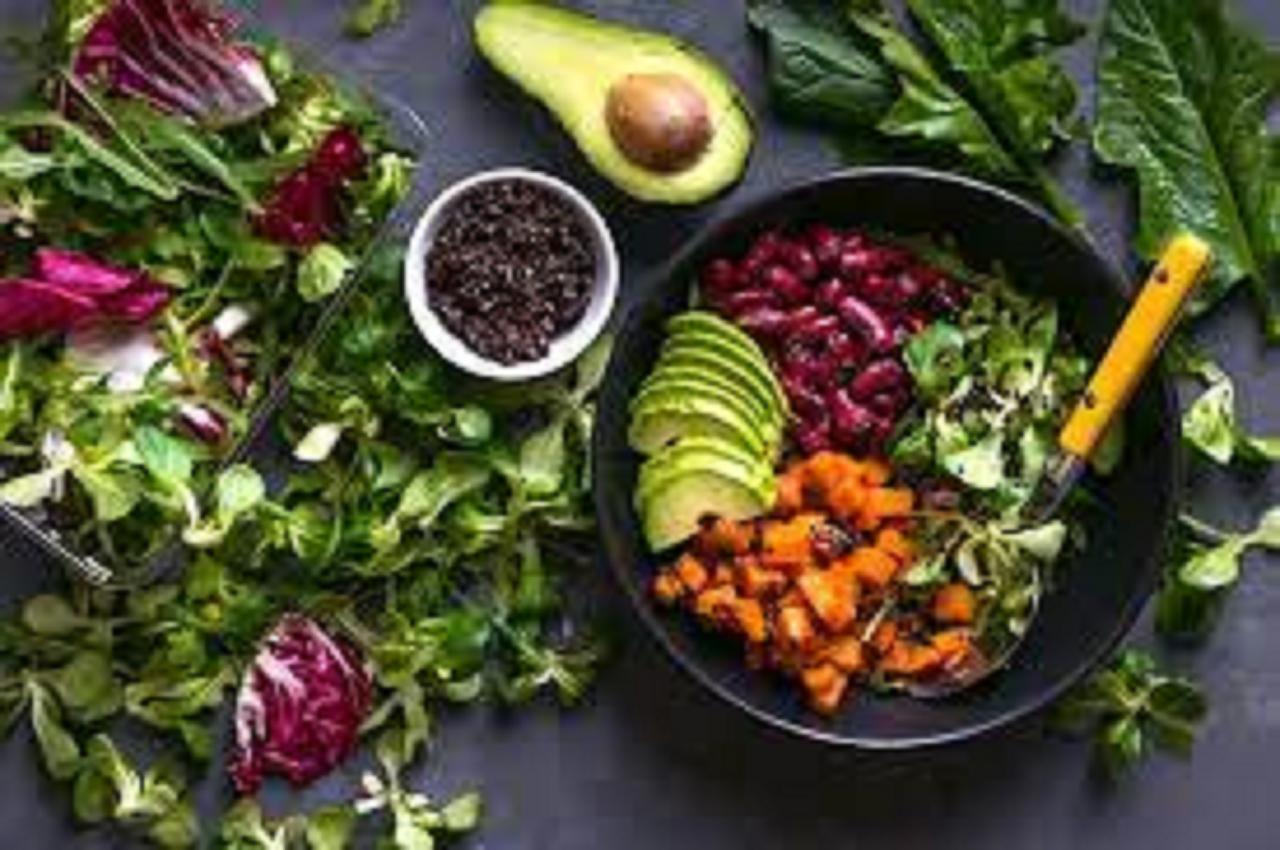Going vegan is the simplest way to reduce your personal carbon footprint. Growing beef requires up to 100 times the amount of land as growing peas or soya to produce the same amount of protein. I’ve reduced my meat consumption to once or twice a month treats of local, organic grass-fed red meat or roast chicken. This allows me to include meat in my diet on a more sustainable basis.
There are no differences in gut health between vegans, vegetarians, and occasional meat eaters, according to studies. The number of different plants we eat weekly was the single most important dietary factor we discovered for better gut health, with 30 being the optimal number.
Also Read :- Stress Relieve Food: Here are 5 items for you to add to your diet
Avoid ultra-processed meat substitutes.
Unfortunately, many vegans rely too heavily on high-salt, high-fat, ultra-processed foods that are unhealthy for us and the environment (some produced in large, energy-intensive factories). Cell-cultured “meat,” “fish,” and even “cheese” are on the horizon, and they are likely to be more environmentally friendly.
Select pulses over animal protein
We place far too much emphasis on protein. Pulses, beans, and lentils help some cultures’ centenarian populations outlive the rest of us. This is because they contain a lot of fibre, protein, minerals, and polyphenols (polyphenols are the plant chemicals that help our gut microbes).
We need iron and iodine, zinc and vitamin B-12 to be healthy, but most of us can get these from eggs, clams or mussels, and chicken once a week – the most sustainable farmed animal products.
Also Read :- Deepika Padukone to Kartik Aaryan, celebs look sultry in award show
Go organic
Herbicides were widely thought to be safe before we realised the importance of microbes in the soil, as well as in our guts and immune systems. Our own research has demonstrated the ability of a healthy diet and microbiome to protect against severe disease.
Cook smarter (and use the microwave) By harnessing the power of microbes to ferment and preserve leftover vegetables, we can reduce cooking-fuel consumption while preserving the beneficial chemicals in food.
Read More :- Latest Lifestyle News













